Keywords: Racial Discrimination
-

AUSTRALIA
- Evan Smith
- 27 October 2016
19 Comments
While the White Australia Policy attempted to prevent non-white workers from living and working in Australia, people from across the globe continued to do both, although often at the margins of white Australian society. The Australian Labor Party and the trade unions were complicit in maintaining this racial divide. In Australia today, a new wave of migrants is working in convenience stores, driving taxis or cleaning buildings. They are part of the Australian working class, but are often not considered such.
READ MORE
-
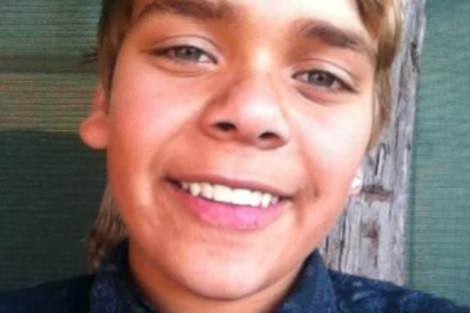
AUSTRALIA
- Kate Galloway
- 06 September 2016
5 Comments
This is the scandalous state of Indigenous affairs in Australia. Aboriginal and Torres Strait Islander people and their communities literally face a life and death struggle against the state itself. These are not isolated incidents. They represent the intrinsic failure of our society to heed the concerns of communities themselves, and to engage with fellow citizens in a dignified and respectful way. The failure is so grave that state treatment meted out to Indigenous Australians is actively harmful on a large scale.
READ MORE 
-
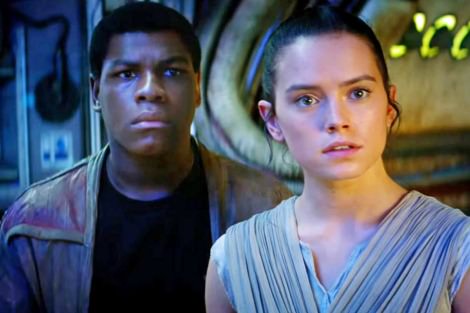
AUSTRALIA
- Fatima Measham
- 05 August 2016
Perhaps what will ultimately convince media and entertainment companies that it is in their interest to be sincere about diversity is that there's money in it. A UCLA study found that in 2014, eight films that had diverse casts (out of 163) also had the highest median global revenues and returns on investment. In addition, TV shows with majority non-white casts rated extremely well, even among white households. This challenges conventions around what media consumers find appealing.
READ MORE 
-
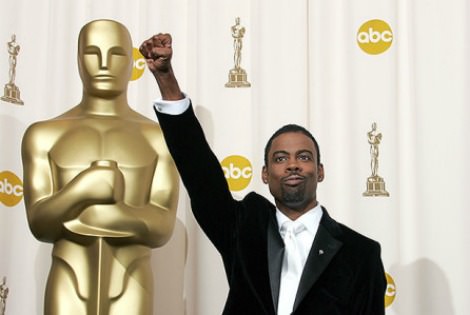
MEDIA
- Catherine Marshall
- 03 March 2016
7 Comments
Chris Rock's hosting of the Academy Awards was a win-win culmination of the #OscarsSoWhite campaign in which no actual person had to take the blame. Instead, a faceless institution named 'Hollywood' was rapped over the knuckles for its racism while the flesh-and-blood white faces that represented it could get on with the business of congratulating themselves. While all this mollification was going on, there was another, gargantuan prejudice saturating the air these celebrities were breathing.
READ MORE 
-
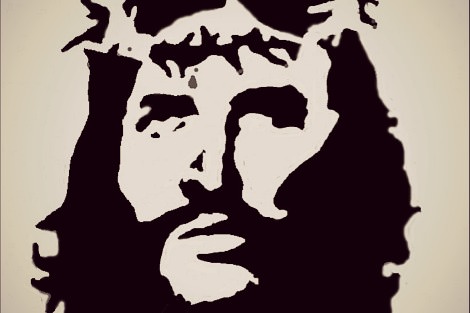
RELIGION
- Andrew Hamilton
- 25 February 2016
23 Comments
Liberation theology was once caricatured as Marxism with a Christian tinge, or the Bible plus Kalashnikov. In fact, thinkers identified with the movement were involved in a serious theological exploration. In public conversation in Australia the theological questions ut it raised are of marginal significance. But secular variants abound in which society is analysed in terms of the discrimination suffered by various minority groups at the hands of the majority or of those with power.
READ MORE 
-
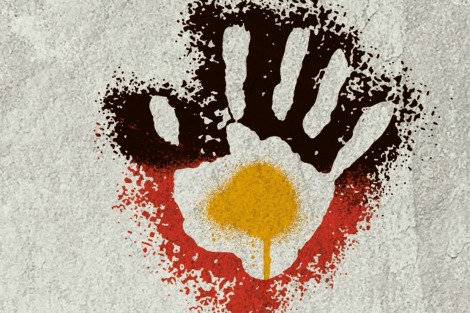
AUSTRALIA
- Frank Brennan
- 15 January 2016
9 Comments
It is now more than three years (and three prime ministers) since the expert panel set up by the Gillard government reported on how the Constitution might be amended to provide recognition of Aboriginal and Torres Strait Islander peoples. When I read the report, my heart sank. It had put forward a comprehensive, but unachievable and unworkable proposal for change. The lesson from 1967 is that a modest change carried overwhelmingly by the Australian people provides the impetus for change.
READ MORE 
-

AUSTRALIA
- Frank Brennan
- 10 December 2015
I first met this Tony on my regular visits here to Darwin when he was working at the North Australian Aboriginal Legal Aid Service and then when he set up the mediation services under the auspices of Anglicare. In later years I knew him when he was your Anti-Discrimination Commissioner. He was a quiet, considered, gentle, strong and principled man. On Human Rights Day, it is only fitting that I honour Tony by offering some reflections on the architecture for human rights in Australia, on the contemporary human rights controversies, and on the way forward for better protection of the human rights of Aborigines and asylum seekers, two marginalised groups who had a special claim on Tony's sympathies.
READ MORE
-

RELIGION
- Michael McVeigh
- 07 December 2015
45 Comments
At the moment, the conversation on marriage equality vs traditional marriage is being driven by extremists on both sides, people who see the struggle as a polarised conflict with the goal of overwhelming victory. But most of us would find that victory unattractive no matter which side is triumphant. Instead, we can choose not to press the button, and to work together to allow both same-sex couples and practising Christians to live their beliefs faithfully, to the fullest of their flourishing.
READ MORE 
-

RELIGION
- Frank Brennan
- 04 December 2015
1 Comment
'Tonight, gathered here in the Southern Cross Club in the national capital, gathered as Eureka's children. We affirm that there is room for everyone under the Southern Cross. I hope you will return to Canberra carrying the Southern Cross flag when we proclaim the Australia Republic on 1 January 2020 which will be two elections after Australia last had a monarchist leader of a major political party. Tony Abbott is the last of his type. Whether the prime minister honoured to witness the proclamation is Malcolm Turnbull, Bill Shorten or another matters not.' Annual Dinner for Eureka's Children, Southern Cross Club, Canberra, 3 December 2015.
READ MORE
-
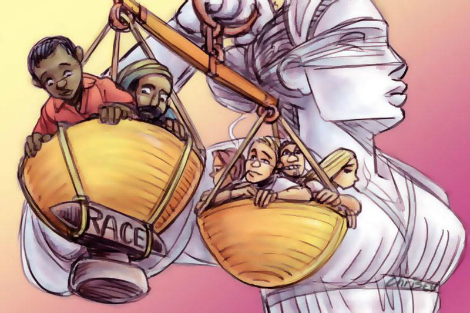
AUSTRALIA
- Ruby Hamad
- 30 November 2015
10 Comments
It is naive to equate racism with individual acts of bigotry. The current anti-Muslim and anti-Arab sentiment for instance goes deeper than sporadic attacks against individuals. Australian jobseekers with Middle-Eastern sounding surnames must submit up to 64 per cent more resumes than someone with an Anglo name in order to secure an interview. People may not actively engage in racist displays against Arabs, but that doesn't mean they are willing to spend time in close proximity to them.
READ MORE 
-

AUSTRALIA
- Frank Brennan
- 19 October 2015
7 Comments
It is now more than three years (and three prime ministers) since the expert panel set up by the Gillard government reported on how the Constitution might be amended to provide recognition of Aboriginal and Torres Strait Islander peoples. When I read the report, my heart sank. It had put forward a comprehensive, but unachievable and unworkable proposal for change. The lesson from 1967 is that a modest change carried overwhelmingly by the Australian people provides the impetus for change.
READ MORE 
-

AUSTRALIA
- Frank Brennan
- 16 October 2015
2 Comments
I acknowledge those Aborigines and Torres Strait Islanders who insist that they have never ceded their sovereignty to the rest of us. I join with those Aborigines and Torres Strait Islanders who hope for better days when they are recognised in the Australian Constitution. As an advocate for modest constitutional recognition for Indigenous Australians, I respect those Aborigines and Torres Strait Islanders who question the utility of such recognition. But I do take heart from President Obama's line in his Charleston eulogy for the late Reverend Clementa C. Pinckney: 'Justice grows out of recognition'.
READ MORE